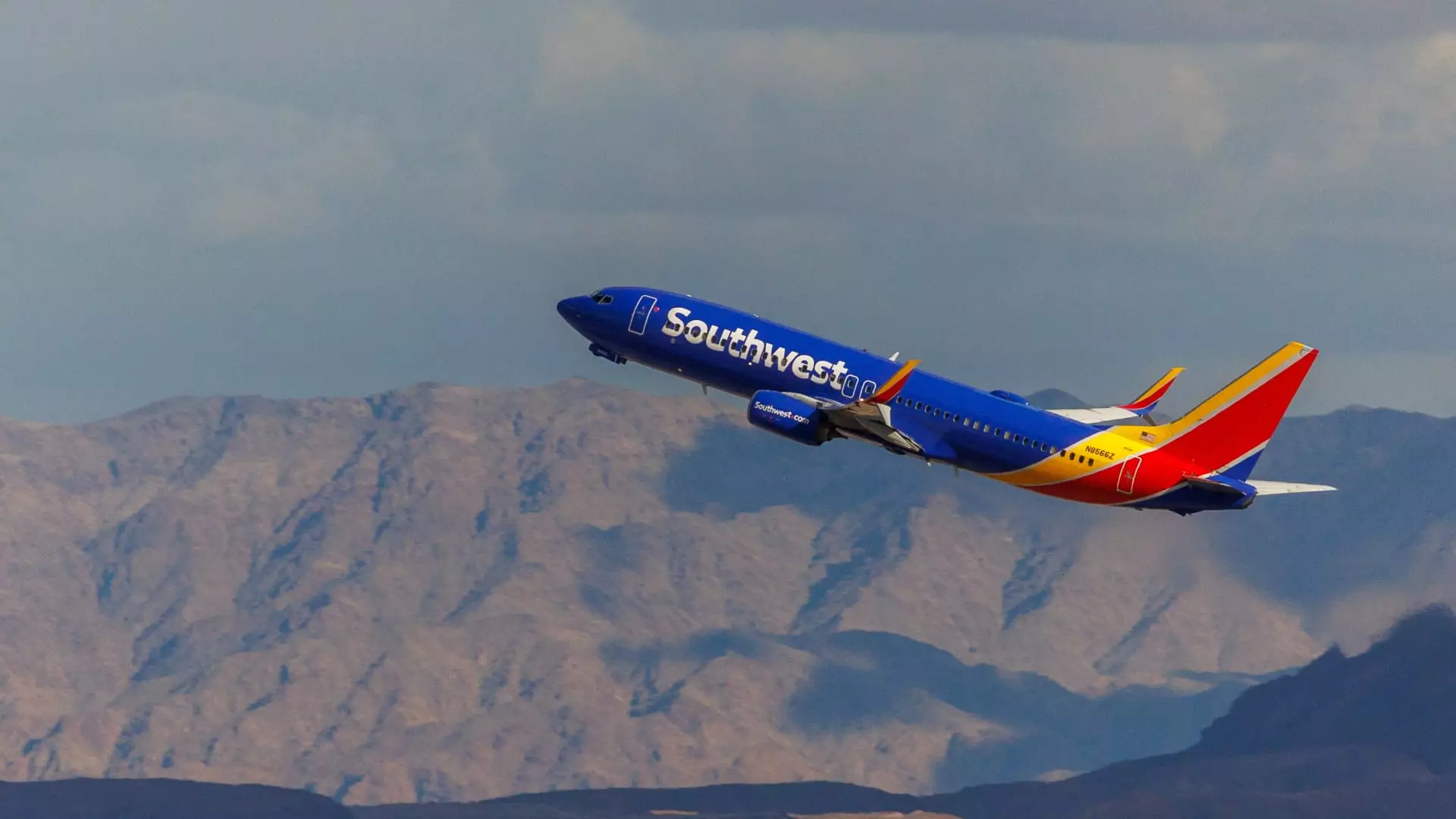Southwest Airlines recently reported a larger loss in the first quarter compared to the same period last year. The airline also predicts that Boeing’s airplane delays will hinder its growth trajectory until 2025. The company initially planned to expand its capacity by 6% this year but has now revised it down to 4%. Furthermore, Southwest anticipates a growth rate of 8% to 9% in the second quarter, with revenue potentially dropping by as much as 3.5%.
Due to the reduced aircraft deliveries from Boeing, Southwest will only receive 20 Boeing 737 Max 8 planes instead of the previously expected 46. To compensate for the delay, the airline will postpone the retirement of some older Boeing planes, reduce costs, and offer voluntary time off to its employees. By the end of 2024, Southwest aims to have 2,000 fewer employees than in 2023 and will cease operations at several airports, including Syracuse, Bellingham International Airport, Cozumel International Airport, and Houston’s George Bush Intercontinental.
Southwest Airlines’ CEO, Bob Jordan, emphasized the urgency of achieving the company’s financial objectives in light of Boeing’s announcement about additional aircraft delivery delays. The airline is swiftly adapting its operations and financial plans to lessen the impact of these setbacks while ensuring a consistent and reliable flight schedule for its customers. Southwest, which solely operates a fleet of Boeing 737 aircraft, is particularly vulnerable to Boeing’s ongoing delays caused by safety and quality concerns.
In the first quarter, Southwest Airlines fell short of Wall Street expectations. The company reported a loss of $231 million, or 39 cents per share, which was higher than the $159 million loss, or 27 cents per share, from the previous year when it faced challenges following a holiday service disruption. After adjustments for one-time expenses related to labor contracts and fuel costs, the airline’s loss amounted to $218 million, or 36 cents per share. Despite revenue increasing by nearly 11% to $6.33 billion, it slightly missed analysts’ estimates compiled by LSEG.
Despite the challenges posed by Boeing’s delays and the financial setbacks experienced in the first quarter, Southwest Airlines remains committed to adapting to the changing landscape of the aviation industry. By implementing cost-cutting measures, workforce adjustments, and operational changes, the airline aims to overcome these obstacles and emerge stronger in the long run.

